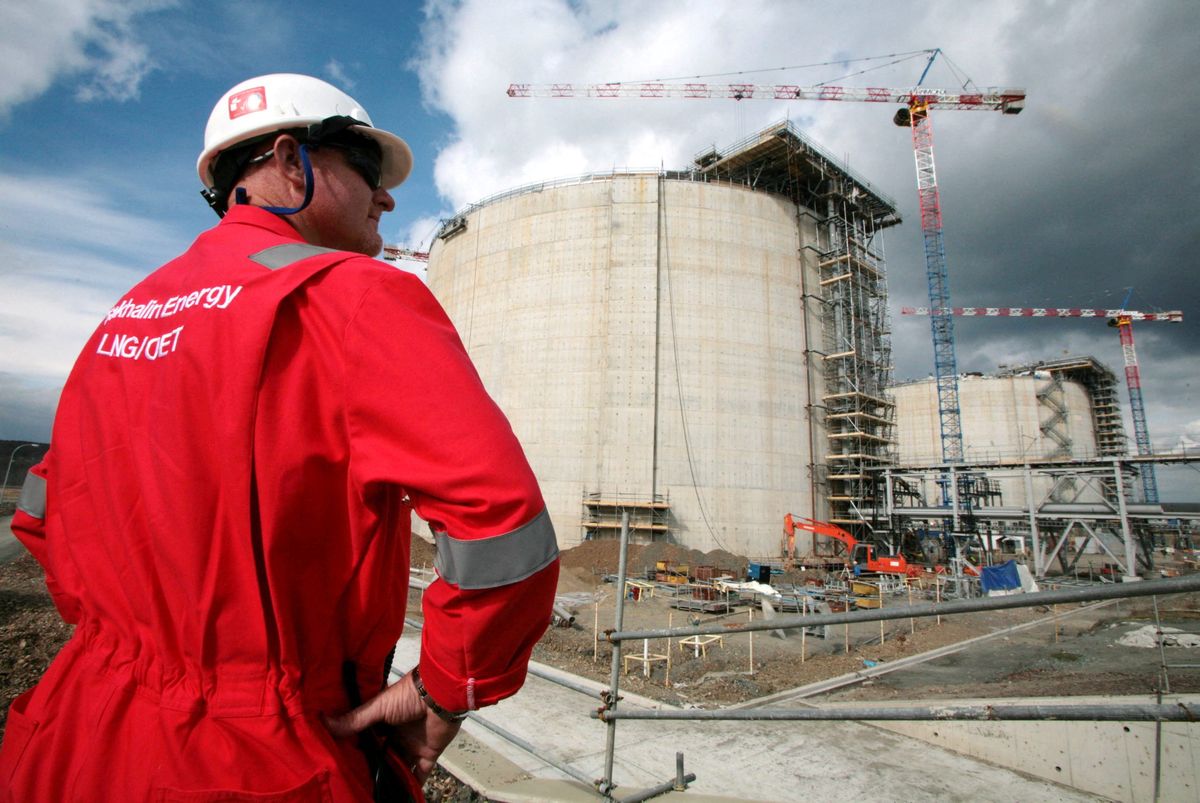The price cap on Russian oil could hurt the rest of the world more than Russia, says JP Morgan

A few minutes every morning is all you need.
Stay up to date on the world's Headlines and Human Stories. It's fun, it's factual, it's fluff-free.
During the G7 summit, Western leaders came together and, among other things, agreed to cap the price of Russian oil and pipeline gas. For gas, how this would essentially work is that the European market will simply refuse to pay anything above its specified price. Because Russia has no alternative market to sell to in the short term, it would be forced to sell at the dictated price. For oil, over 90% of the world’s oil transport tanks’ liability coverage is managed through a group of London-based insurance organizations called the International Group of Protection and Indemnity Clubs that have to comply with European law. If it breaches the price cap, it risks getting sanctioned.
Russian crude oil has been selling at between US$30-$40 a barrel compared to Brent crude prices of around US$110-US$120 to try and attract buyers. The G7 still doesn’t know what the cap will be, but it has to be enough to motivate Russia to keep producing oil. Prime Minister Fumio Kishida said on Sunday that the cap is expected to be around half the current price.
But JP Morgan analysts have said to clients that Russia is economically strong enough to cut daily crude production by 5 million barrels per day without hurting its economy too much should it want to retaliate, which could push global oil prices for the rest of us to US$380 a barrel.
Key comments:
“Russia is the second largest producer of natural gas globally, accounting for 16.6% of total global natural gas supply in 2020. That same year, Russia exported 37% of its domestic natural gas production, with the majority of this going to Europe, meeting about 45% of the region’s import demand. About 70% of Russian exports are sent to Europe by pipeline and the region relies heavily on Russian gas transiting through Ukraine,” wrote a JP Morgan research report in March of this year.
“The most obvious and likely risk with a price cap is that Russia might choose not to participate and instead retaliate by reducing exports. It is likely that the government could retaliate by cutting output as a way to inflict pain on the West. The tightness of the global oil market is on Russia’s side,” wrote JP Morgan analysts in a note to clients.




Comments ()